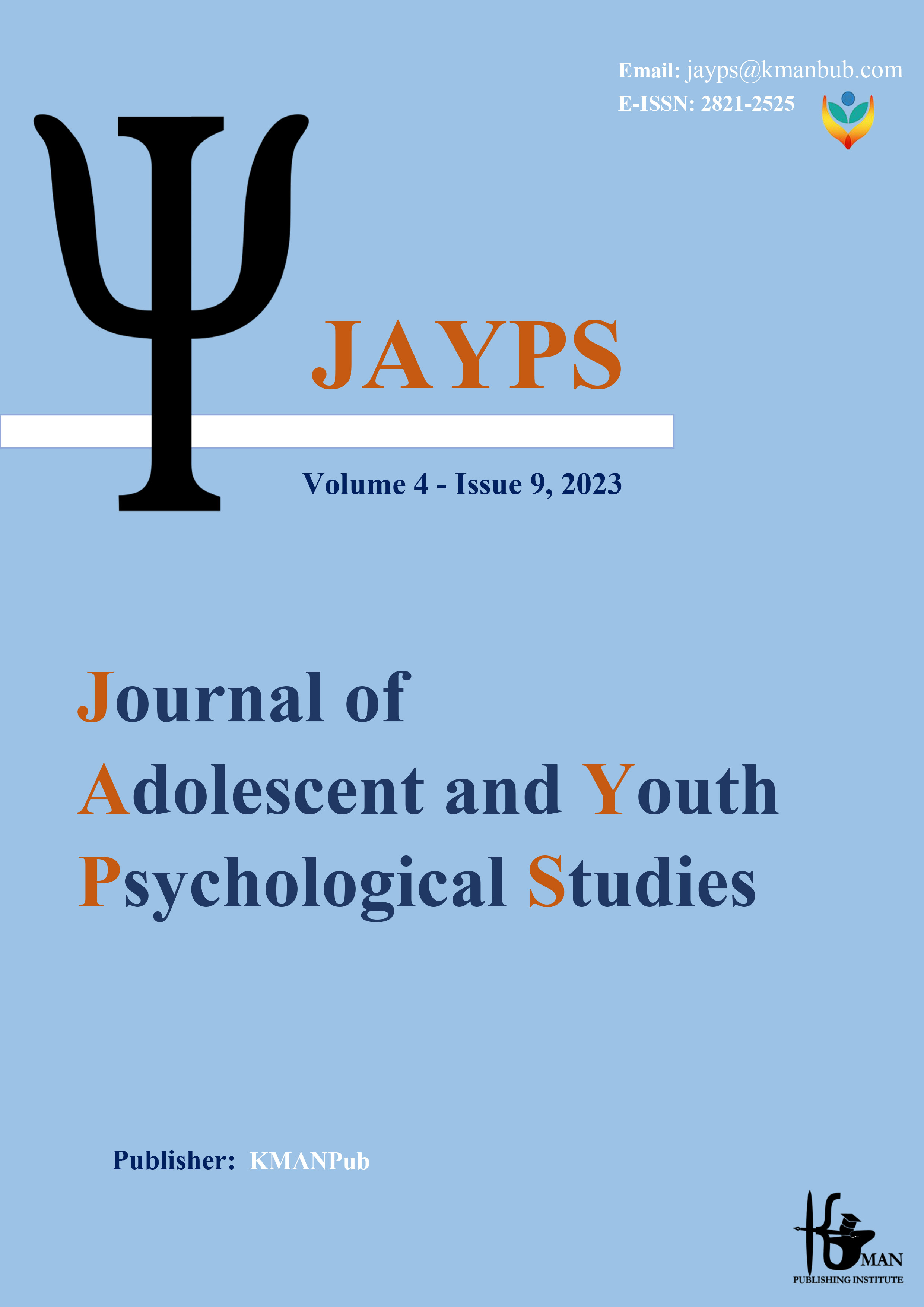The relationship between obsession and addiction relapse with the mediation of sensation seeking in methamphetamine dependent patients
Keywords:
obsession, excitement, addiction relapse, methamphetamine.Abstract
Background and Aim: In addition to the direct effect on the body, substance abuse causes psychiatric disorders such as depression, anxiety, social and economic pressures. The present study was conducted with the aim of determining the relationship between obsession and addiction relapse with the mediation of sensation seeking in self-reported addicts. Methods: The current research design was descriptive and correlational research design of the structural equation model type. The statistical population of the present study was all the methamphetamine addicted patients who were in the process of withdrawal who referred to the substance abuse treatment centers of Tehran city in 2022, out of which 250 people were selected by available sampling method. And they responded to Wright's (1993) Addiction Recurrence Questionnaire, Hodgson and Rachman's (1977) Thought-Practice Obsession and Marvin Zuckerman's (1978) Sensation Seeking Questionnaires. The data were analyzed using structural equation modeling method and Lisrel 8.80 software. Results: The results showed that there is a statistically significant relationship between obsessive thoughts, excitement seeking and addiction relapse (P<0.01). Also, sensation seeking plays a mediating role in the relationship between obsessive thoughts and addiction relapse (P<0.01). Conclusion: It can be concluded that sensation seeking plays a mediating role in the relationship between obsessive thoughts and addiction relapse.
Downloads
Downloads
Published
Submitted
Revised
Accepted
Issue
Section
License

This work is licensed under a Creative Commons Attribution-NonCommercial 4.0 International License.









